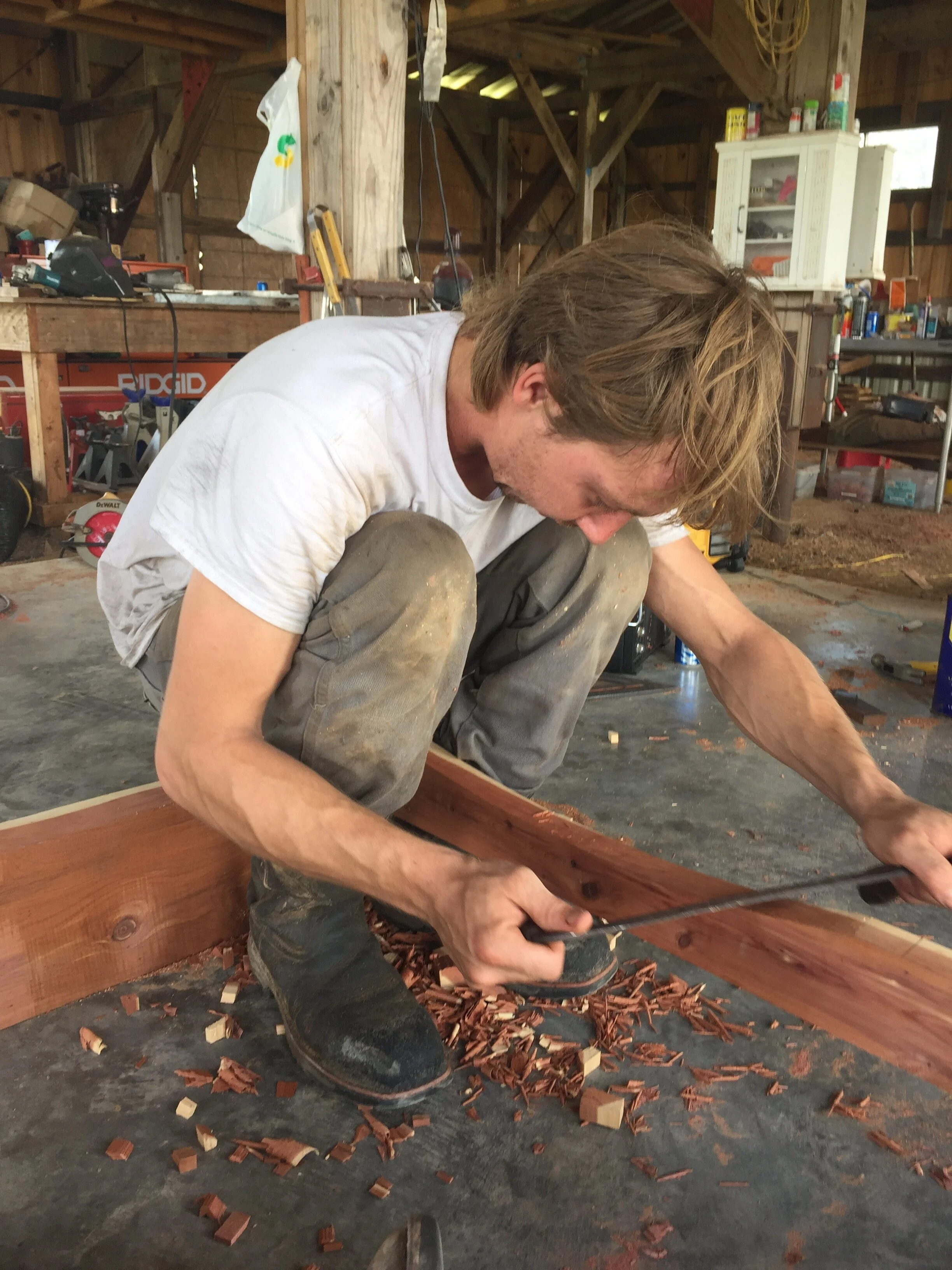My Family's Strengths
Strength-based practice is powerful. But it requires a deep, authentic belief in ourselves, our children, each other. It is not a silly exercise in stretching for off hand complements to be logged and forgotten, before shifting back to a focus on deficits to be resolved. It is identifying strengths as the solution. It is about taking the identified strengths and marshaling every resource we can think of to create opportunities or what Kathy Cox calls enabling niches. We spent too much of Aaron’s childhood trying to label his brokenness in the mistaken assumption that once we named it we would 1) fix it, and 2) having fixed it, Aaron would suddenly have positive mental health. His hallucinations, delusions, and behavioral outbursts were symptoms of his mental illness. By focusing the bulk of our attention on his illness, we failed to attend sufficiently to helping him build positive mental health.
Aaron had so many strengths. He spoke in full sentences with three syllable words at just over a year old. He was a gifted poet. He had a fantastic imagination. He was smart and resourceful. He was a pretty good artist. He was a loyal friend who loved deeply no matter what. He was a leader. He loved dogs and did a great job training and attending to their needs. He was a fantastic big brother who adored his siblings and they loved him. He was a beloved son who stayed connected to us over twenty five years living on the streets no matter where he was. He was the one of my children who remembered every birthday, every holiday. We spoke every single Sunday.
Our family has so many strengths. We love each other unconditionally. I sought help for Aaron from Kindergarten forward and attempted to do everything any of the professionals we found suggested. When they decided that I spent too much time accommodating Aaron and needed to have a more traditional family, I married the best man I could find. Dan and I love our children and readily gave up all we had built to try to get help for Aaron. He was more important. They were more important than anything else. We have a great work ethic and do not give up. We acted on everything we knew to do to get Aaron help. We were active in our church and they were willing to help way back then. In our original community, we had Aaron in football, art lessons, and scouting. When at 12 years old, his school told me to take him home, I taught him to write, we read great literature, and studied the world. We had solid routines and family traditions.
Unfortunately, we knew no one who knew what to do. Rather than pulling together a child and family team that could have included professionals who understood how to capitalize on our strengths and enable Aaron to flourish, as Aaron got sicker, we focused more and more on his deficits. He just became more and more discouraged, and as he spiraled downward, so were we. We were afraid, and in our fear became more and more controlling and repressive. Rather than having more opportunity to experience himself as competent, he increasingly experienced himself as failing.
At 12 years old he was suicidal and required hospitalization which nearly exhausted his lifetime mental health benefits within three weeks. They recommended that we relinquish him to the state of Texas to access long term care. Instead, we called yet another doctor begging for some alternative, and he suggested Straight Inc. Straight said that he could come home to live if we moved up to north Texas with him and took in other children. We did. We sold everything we had, moved, and took in 183 children that year. Aaron did not come home until he was kicked out nearly a year later. He was released with the same severe mental illness he started with, exacerbated by a year of horrific abuse. If the standard mental health professionals did not know what to do with him before his trauma at Straight, they really wanted nothing to do with him when he was released. None of the professionals running aftercare would allow him into any therapeutic groups. No one in our community knew what to do.
Rather than skilled supports, we found tough-love groups and others who were as ill informed as we were. It was not until Aaron landed onto the streets that I went back to school to try to figure out what went wrong, and what to do differently. Aaron’s experiences had taught me that there had to be a different path and it had to focus on how to help him build a life in spite of his symptoms. I became an occupational therapist.
By the time my youngest son began to struggle in the first grade, my husband and I were highly skilled parents. We knew better than to accept the demoralization that we had subjected Aaron to. We found a school that fit his learning style and allowed him to experience himself as competent. We capitalized on his gifts in mechanical intelligence. We found people to mentor him in small engine repair, and welding. He flourished. He still had disability but at 13 years old he built his own motorcycle from scratch, he was a working small engine repairman, he created fantastic sculptures and he was renowned in our neighborhood as an artist. We used the principles of wraparound to create opportunities, in spite of the systems in our community which sought to shift to deficits at every turn. We knew better. Aaron taught us better.
